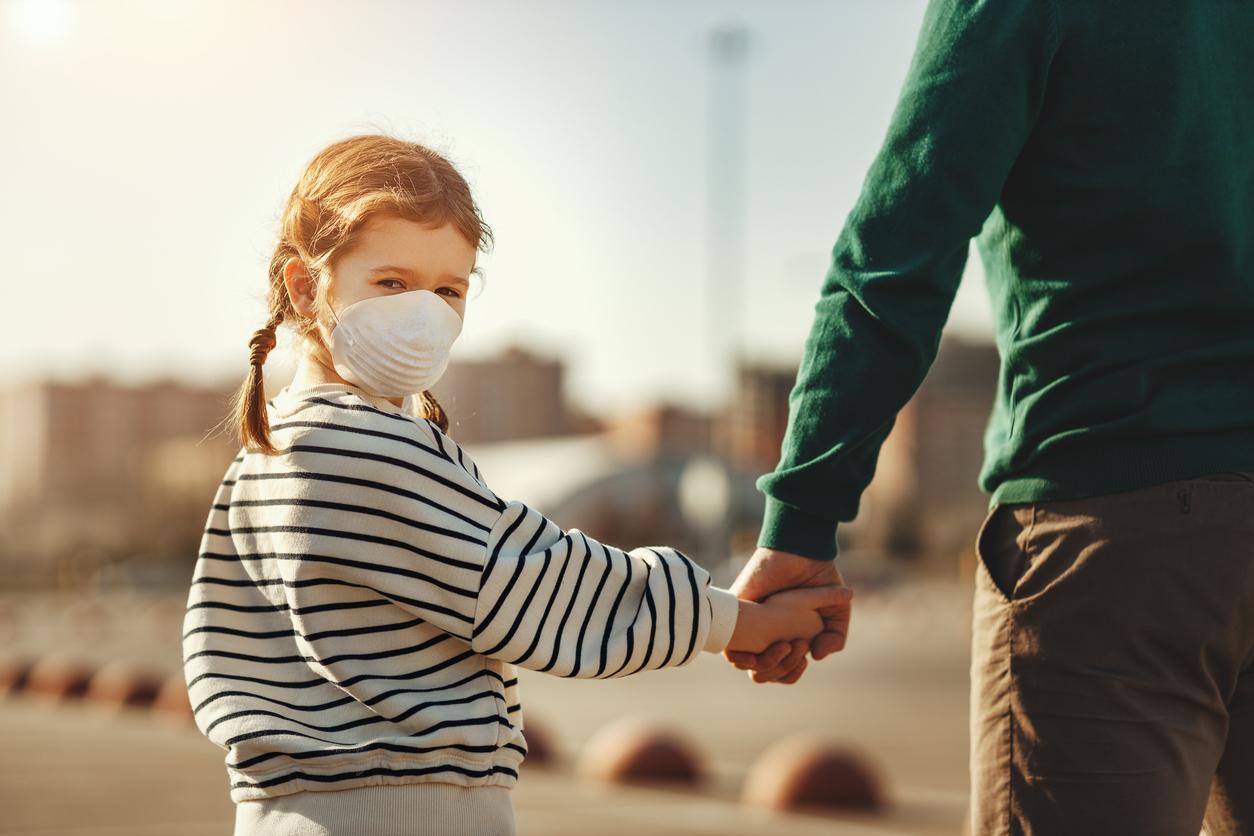Prenatal exposure to organophosphate esters, chemical substances present in many common consumer products, would have an impact on the growth of children during their first two years of life.

- OPEs are chemical substances used in everyday consumer products as flame retardants or plasticizers.
- Prenatal exposure to OPEs impacts the growth of children during their first two years of life, according to a study.
- Boys would have larger heads and girls would have greater growth in height and weight.
Organophosphate esters (OPE), this is the name of the chemical substances singled out by a new study published in the journal Eco-Environment & Health. Researchers estimate that prenatal exposure to them would affect the growth of children during their first two years of life.
OPEs impact children’s growth
L’use of OPEs as flame retardants (chemical compounds used in many materials to prevent flames from forming when they come into contact with heat) and plasticizers is constantly increasing. Thus, we find them more and more in everyday consumer products. Users, like pregnant women, are therefore confronted with it. Problem: OPEs could have an impact on their baby and more specifically on their growth during their first two years of life.
To measure the impact of OPEs, scientists studied data from 804 mothers and their children. So, depending on exposure to these chemicals during pregnancy, researchers observed different results in terms of growth in children.
Height, weight: faster growth for girls
In detail, during the first two years of life, boys more exposed to OPE tended to have larger heads and girls had greater growth in height and weight, particularly visible at 9 months. There was therefore a real impact of these chemical substances on growth, and it would be different depending on the sex.
The researchers, using advanced modeling techniques, discovered that prenatal exposure to OPEs also led to faster growth rates in children. However, further research needs to be conducted to confirm these results.

















